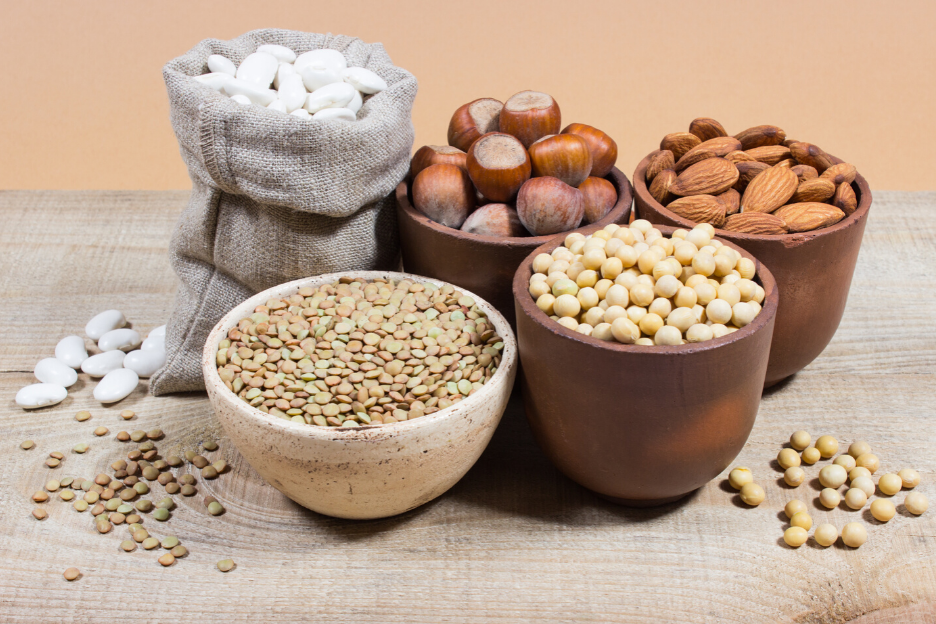
Nutritional adequacy in plant-protein based diets is dependent on diversity of plant sources
[ad_1]
Increasing intake of plant protein is associated with certain nutritional and health benefits, such as lower risks of cancer and coronary artery disease. Current plant sources used to meet protein requirements are typically a limited number of foods that are already present in a culture’s existing food pattern. However, diversity of protein sources and types has been recognized as a means of obtaining the different nutrients needed to meet requirements and to achieve health benefits.
Recent work has noted that in Westernized cultures, grain products provide the greatest contribution to protein intake in plant-protein based diets. These observations suggest diet quality and nutrient adequacy could be negatively impacted by a plant-protein based diet in which diversity of sources is low. Salome and colleagues tested this hypothesis and report the results of their work in the March 2020 issue of The Journal of Nutrition.
Data for the study were derived from the Individual and National Study on Food Consumption Survey (INCA3) conducted in France. Associations between plant-protein intake, and diet diversity, and nutrient adequacy were determined on the 1341 adults (18 – 64 years old) participating in the study.

Overall diet quality was most associated with diversity of
plant-derived proteins. There was little
diversity in the sources for plant protein intake; comprised mostly of
grains. With higher intakes of plant
proteins, diversity was even less. When
substitutions of animal proteins with plant proteins were modeled, it led to
increases in the moderation subscore but decreased the adequacy subscore within
the Probability of Adequate Nutrition Intake scoring system. The results led the authors to conclude that
current plant-protein intake patterns in French adults are not providing the
potential nutritional benefits provided by more plant proteins, and that other sources
of plant proteins besides grains should be promoted.
References Salomé M, de Gavelle E, Dufour A, Dubuisson C, Volatier J-L, Fouillet H, Huneau J-F, Mariotti F. Plant-protein diversity is critical to ensuring the nutritional adequacy of diets when replacing animal with plant protein: Observed and modeled diets of French adults (INCA3). The Journal of Nutrition, DOI: https://doi.org/10.1093/jn/nxz252.
Images credit: canva.com
The post Nutritional adequacy in plant-protein based diets is dependent on diversity of plant sources appeared first on American Society for Nutrition.
[ad_2]
Source link

